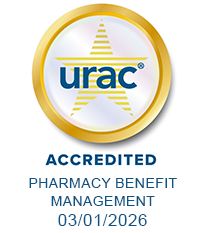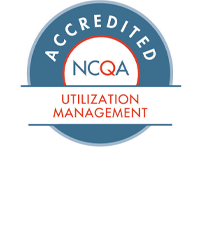MedImpact investigates the impact of oral semaglutide and diabetes market trends


First approved as a weekly injectable by the FDA in late 2018 under the brand name Ozempic, semaglutide falls in the blockbuster class of drugs known as glucagon-like peptide-1s (GLP-1s).
A non-insulin medication, GLP-1 receptor agonists treat Type 2 diabetes by lowering blood glucose levels and aiding in weight loss. They also can have positive effects on blood pressure, cholesterol levels, and beta-cell function.
Oral semaglutide will further increase the already rapidly growing market share of the entire GLP-1 class, potentially reaching $3 to $6 billion in peak annual blockbuster sales.
This growth will primarily occur due to a utilization shift from oral sodium-glucose co-transporter-2 inhibitors (SGLT2) and DPP-4 inhibitors (DPP4), although some patients may stick with other oral options due to drug-specific benefits, including SGLT2s in heart failure patients and DPP4s in frail patients.
Analysts also anticipate that an oral option of semaglutide will induce shifts from injectable GLP-1sas some patients will prefer it over injections.
Besides the blood glucose and weight-loss advantage, semaglutide has another positive feature: proven cardiovascular safety. A second application for cardiovascular risk reduction is slated for FDA approval in January 2020.
Clinical indication and efficacy.
Based on results from 10 PIONEER clinical trials, which involved more than 9,500 adults with Type 2 diabetes, oral semaglutide was highly effective in controlling blood glucose and body weight compared with new generation diabetes drugs, including DPP-4 inhibitor Januvia (sitagliptin); SGLT2 inhibitor Jardiance (empagliflozin); and daily injectable GLP-1 agonist Victoza (liraglutide).
Safety and tolerability of oral semaglutide is in line with injectable members of the class, with the exception of higher rates of nausea, vomiting, and discontinuation at the highest dose. GI side effects usually wane after 16 weeks of treatment. Until now, developing an oral delivery has been a major challenge due to rapid enzymatic breakdown and poor intestinal protein absorption in the GI tract, requiring advanced technology to improve absorption of the drug to enable oral delivery.
The 2018 Annual Trend Report
Download our 2018 MedImpact Annual Trend Report.
Sources
1National Institutes of Health: https://www.niddk.nih.gov/health-information/health-statistics/diabetes-statistics
2CDC https://www.cdc.gov/media/releases/2017/p0718-diabetes-report.html
3 National Institutes of Health: https://www.ncbi.nlm.nih.gov/pmc/articles/PMC5278808/
4American Diabetes Association http://www.diabetes.org/resources/statistics/cost-diabetes
5IQVIA https://www.iqvia.com/-/media/iqvia/pdfs/institute-reports/medicine-use-and-spending-in-the-us-a-review-of-2017-and-outlook-to-2022.pdf?_=1560467228282



SAN DIEGO, CA. – October 27, 2025 – MedImpact today issued the following statement regarding a system outage:
Improving outcomes, controlling costs, and navigating evolving quality measures are ongoing challenges facing health plans.





